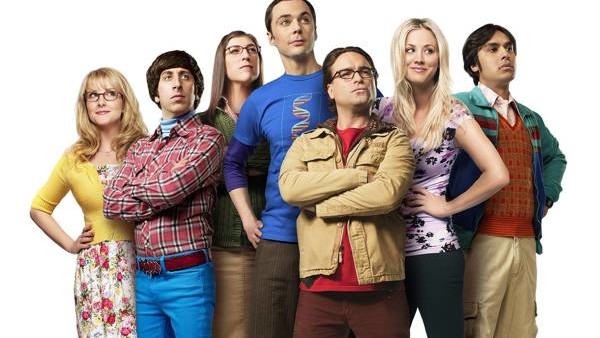10 Controversial Theories About The Universe's Toughest Questions
8. The Big Bang: Not Big, Not A Bang

Rarely in the history of physics has a more misleading and throwaway comment been accepted into the mainstream. The very term is meaningless since the word "bang" infers sound when, of course, there was none. It also imbues the notion of an explosion in the classical sense from a singular point of infinitesimal size.
The event which caused the creation of our universe was nothing of the sort. For a start, let's consider the notion of something from nothing that some opponents of the theory think is the case. The Big Bang Theory describes a universe for which time and space are non-existent so it is impossible to consider size since before then there was no space. What the theory proposes is that the background energies of the universe were so large that in a single event all of the universe we see around us was created at once.
Instead of thinking of that as an explosion from one point in space, we have to consider all of space being created at once according to Einsteins famous E=MC^2 equation. That is to say, matter is a condensed form of energy, which means that at high enough energies matter cannot exist, but as the energy, or temperature, of the early universe was lowered the first particles were formed from interactions with the background fields of the universe. The laws of physics which we know and love came into play in the first seconds of the universe, electromagnetism, the electroweak force, the strong force etc. But, once particles began forming, a new force came into play: Gravity.
We will deal with gravity in a moment, but suffice to say that matter bends space time causing gravitational effects which in turn "attracts" more matter. In this way and with a little kick of angular momentum the first proto-stars formed. This process took millions of years but as with the other subjects we have looked at, once the process kicks in it becomes more powerful. So we started to see stars, planets, solar systems and galaxies forming with supermassive black holes at their centre.